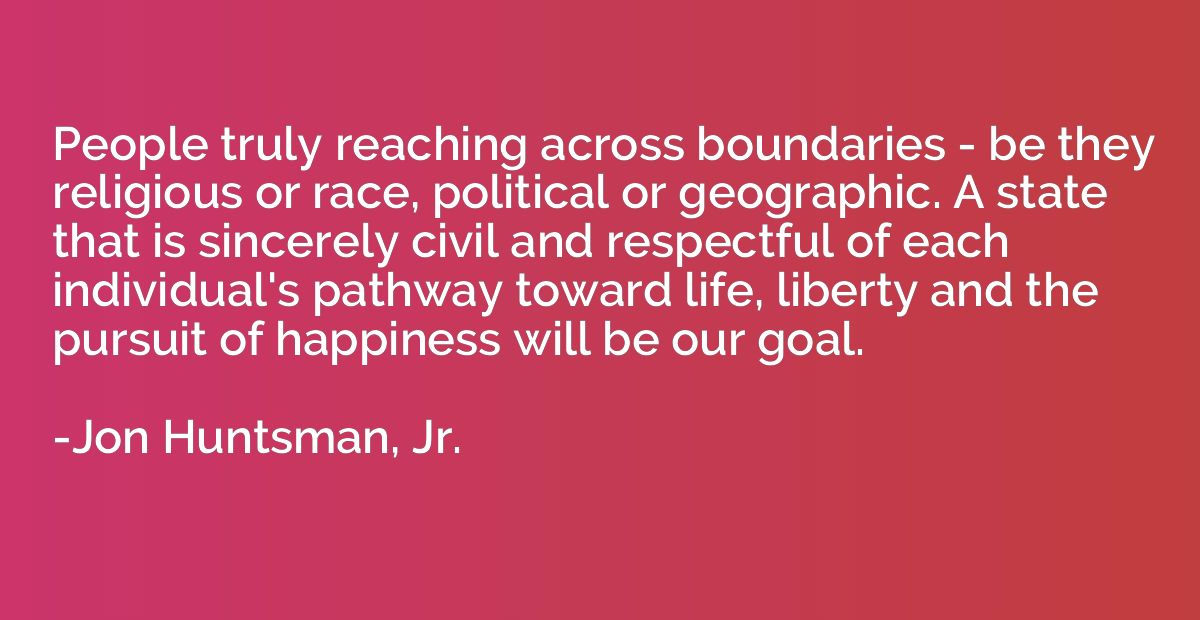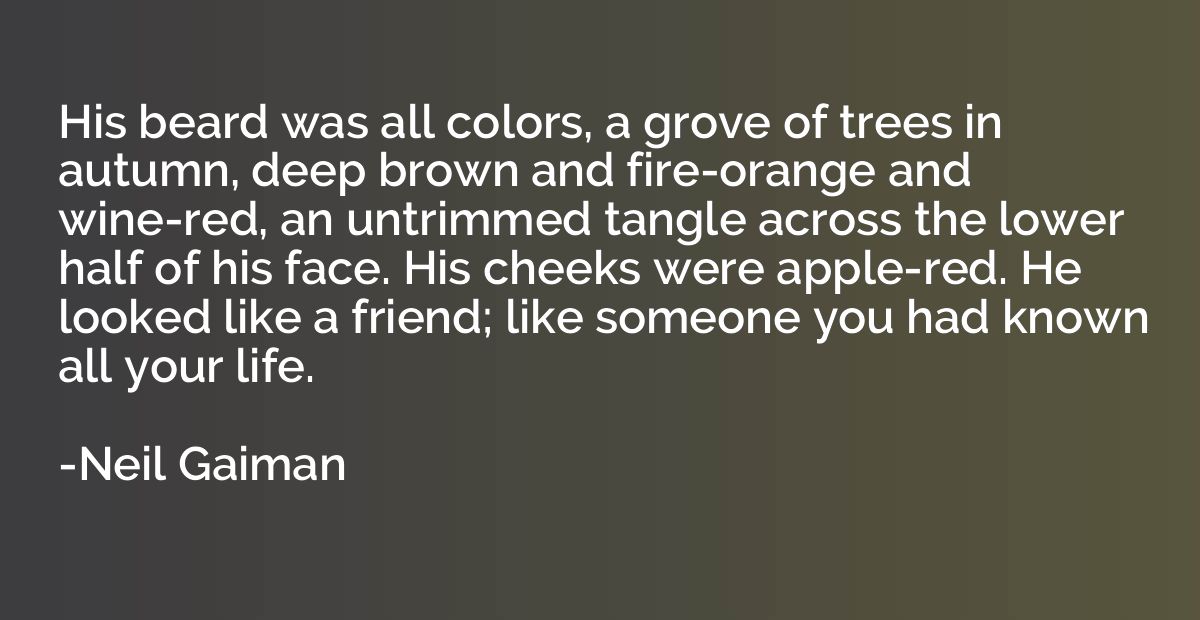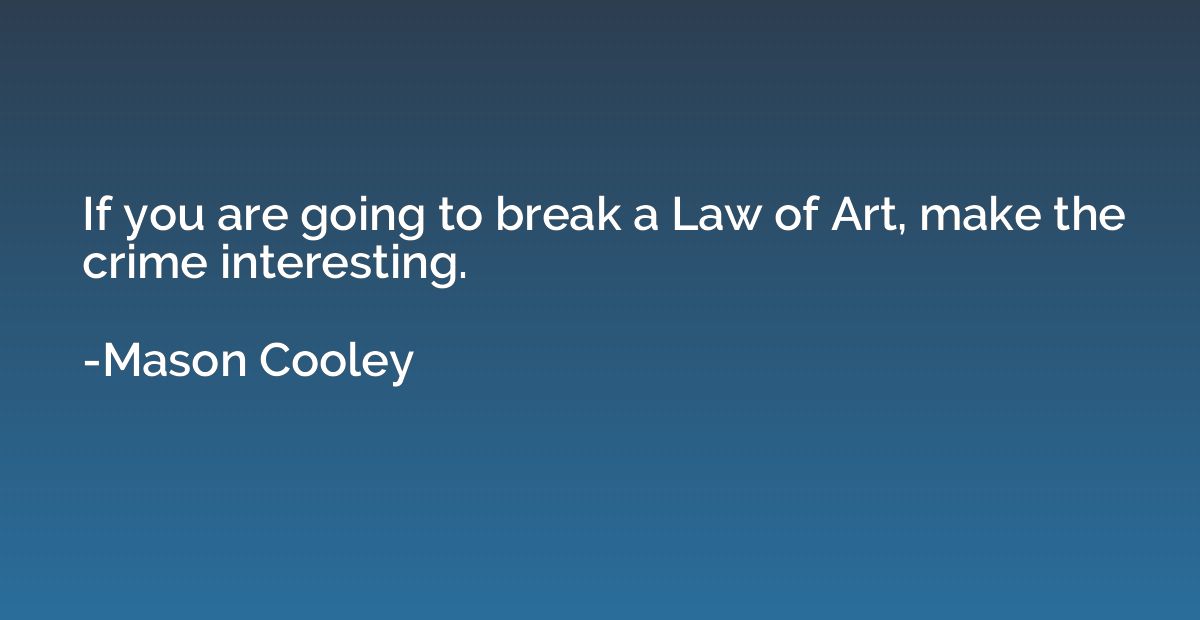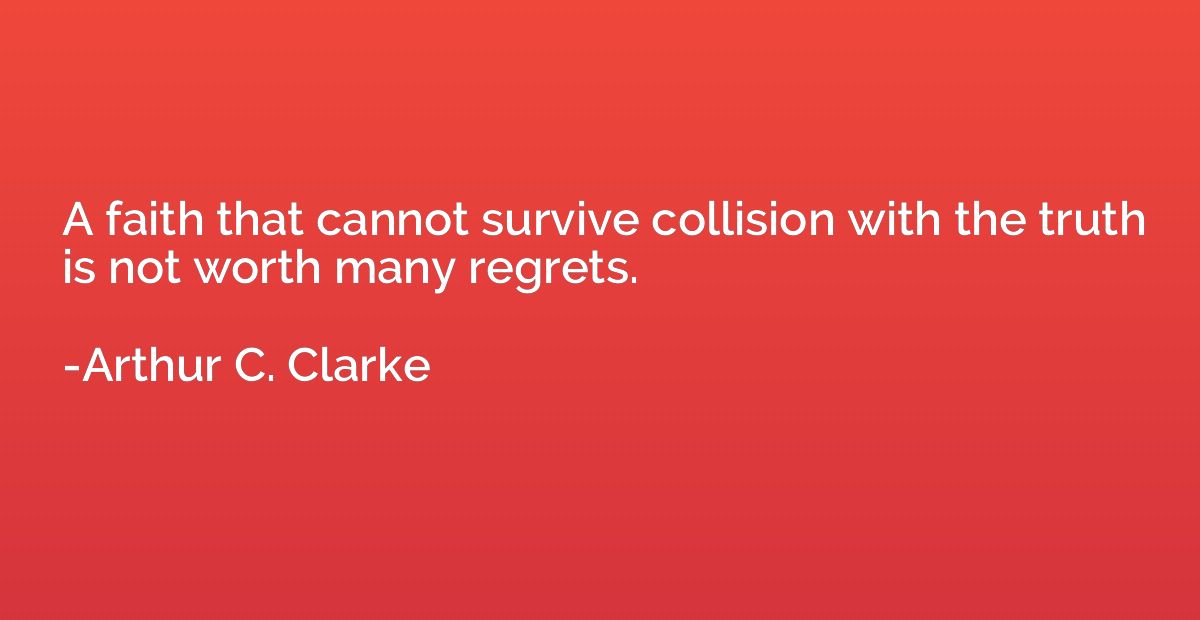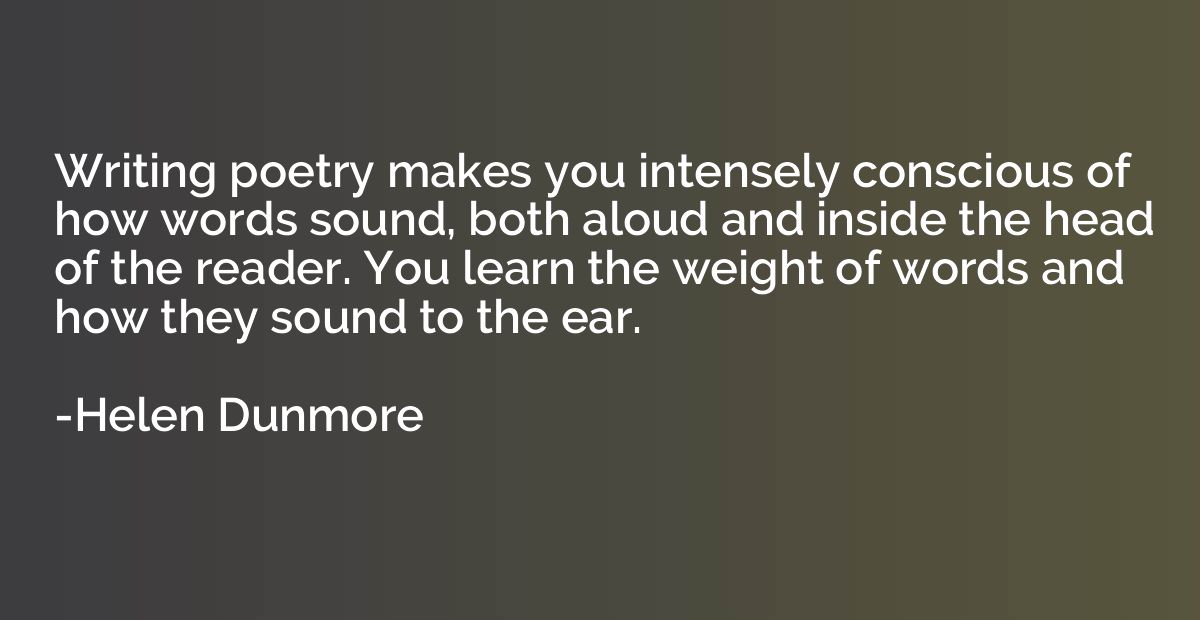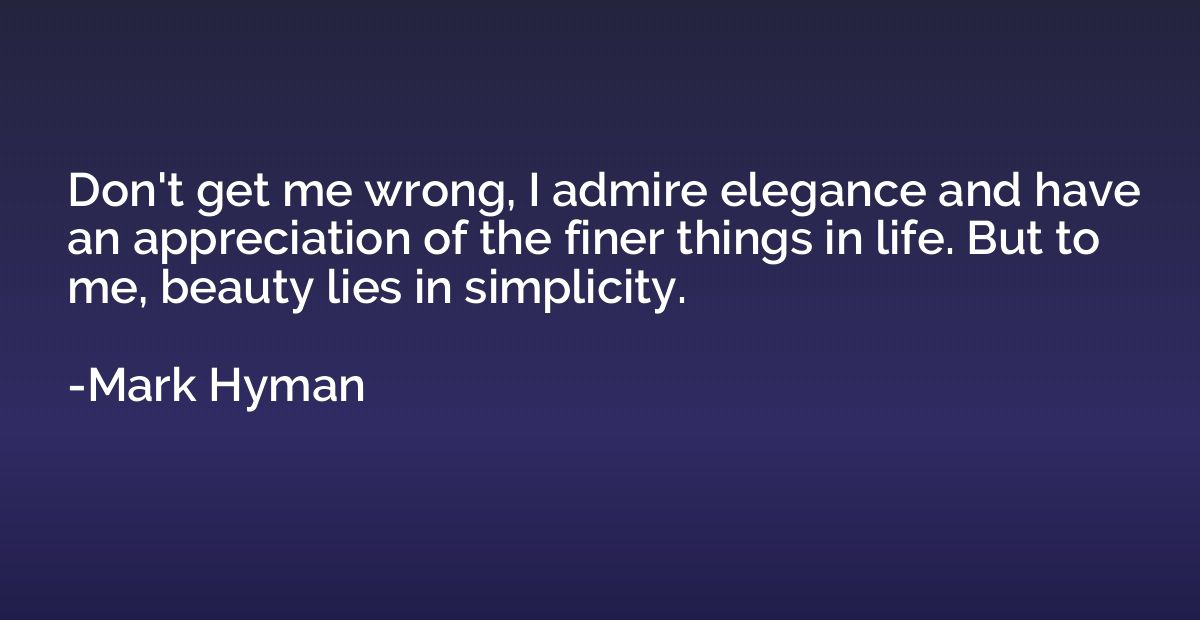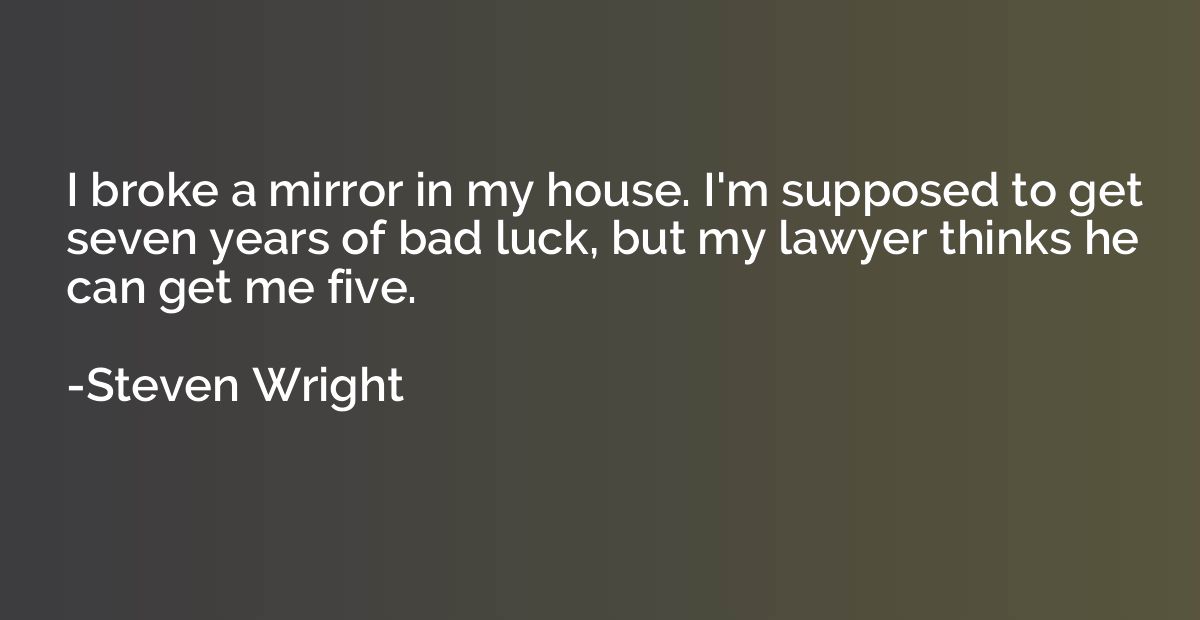Quote by Richard Buckminster Fuller
Children are born true scientists. They spontaneously experiment and experience and reexperience again. They select, combine, and test, seeking to find order in their experiences - which is the mostest? which is the leastest? They smell, taste, bite, and touch-test for hardness, softness, springiness, roughness, smoothness, coldness, warmness: the heft, shake, punch, squeeze, push, crush, rub, and try to pull things apart.
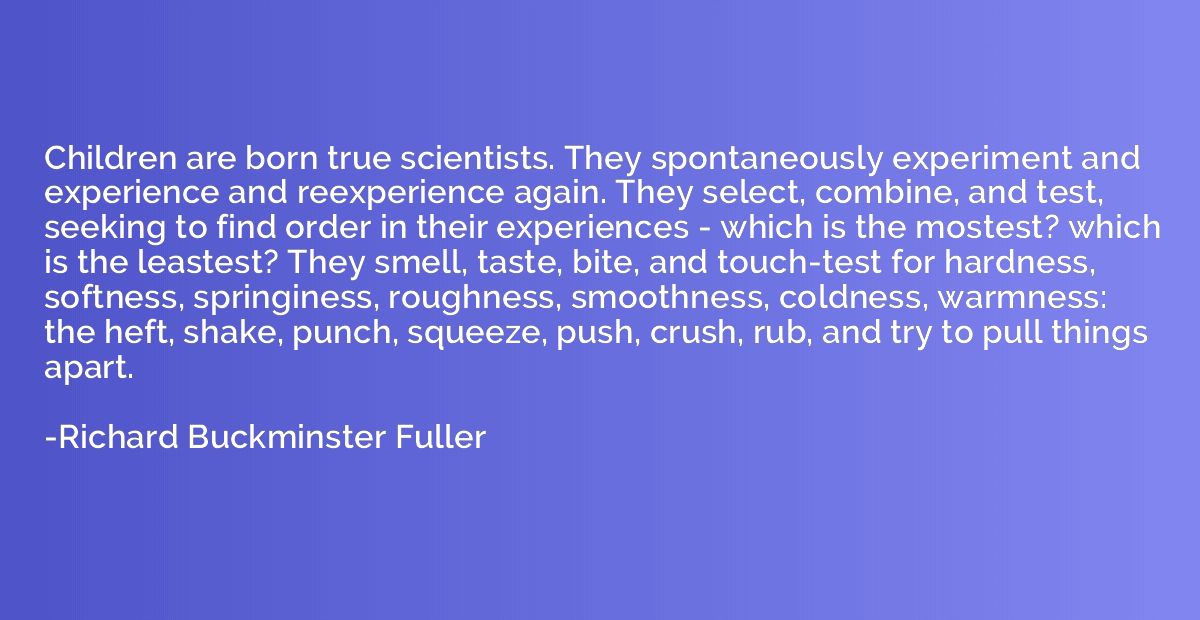
Summary
This quote highlights the innate curiosity and scientific nature that children possess. It emphasizes how children engage in continuous experimentation and exploration to understand the world around them. They instinctively analyze and categorize their experiences, relying on their senses to determine qualities such as size, texture, temperature, and more. This quote demonstrates how children actively seek to establish order and make sense of their surroundings by engaging in hands-on interactions and observations.




